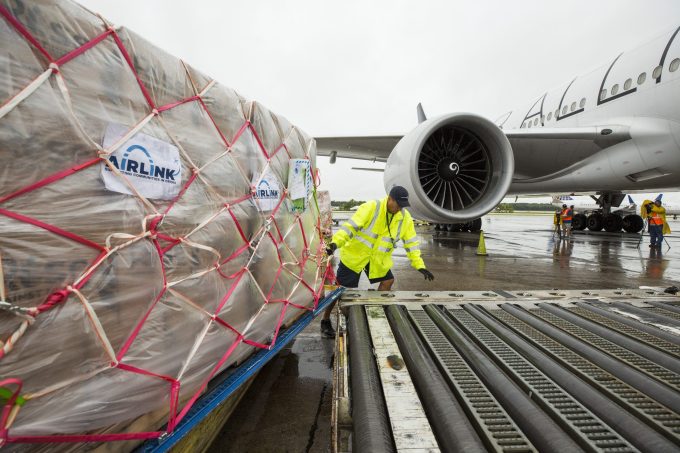Qatar Airways Cargo pledges to move ‘1 million kilos’ of humanitarian aid for free
Qatar Airways Cargo is offering to move one million kilos of humanitarian freight free of ...

Air carriers and logistics specialists make a vital contribution to the growing demand for humanitarian emergency response, the international aid organisation Airlink, has stated.
The call for humanitarian aid is getting louder considering all the global conflicts and climate change-induced weather events.
About 73% of the cost of an aid programme goes to supply chain management, including transport logistics, according to data from Airlink.
“The one blind spot is humanitarian logistics ? even within the logistics and humanitarian sectors. Many small NGOs don’t ...
Maersk u-turn as port congestion increases across Northern Europe
Apple logistics chief Gal Dayan quits to join forwarding group
Maersk Air Cargo sees volumes fall as it aims for 'margin in favour of revenue'
Houthis tell Trump they will end attacks on Red Sea shipping
Transpac rates hold firm as capacity is diverted to Asia-Europe lanes
Airlines slash freighter capacity post-de minimis, but 'the worst is yet to come'
MSC revamps east-west network as alliance strategies on blanking vary
India-Pakistan 'tit-for-tat' cargo ban sparks sudden supply chain shocks

Comment on this article